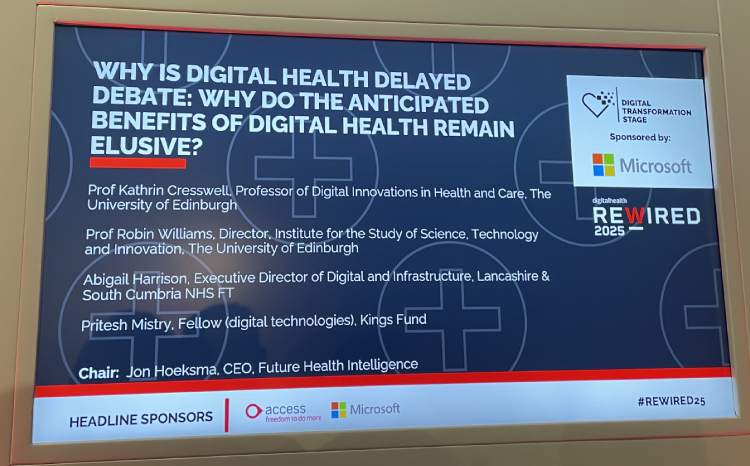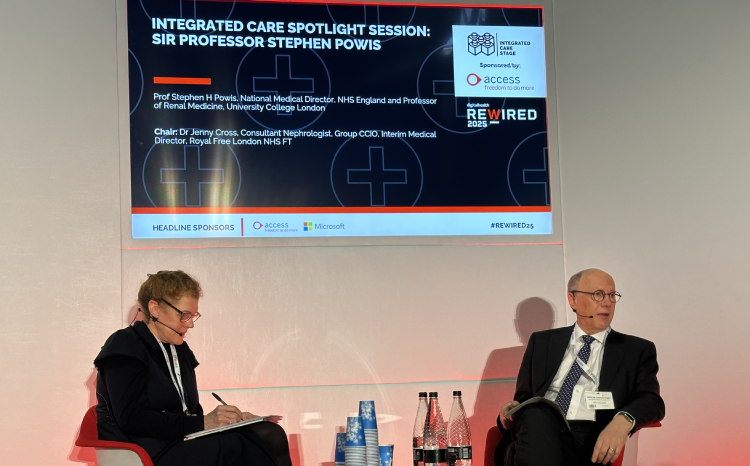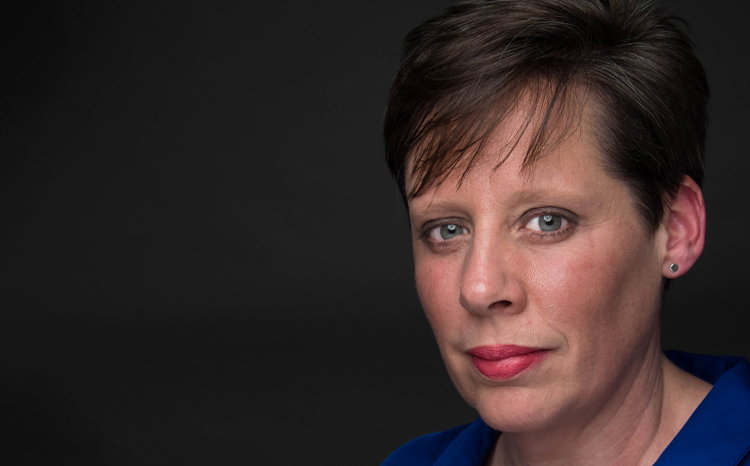Gould and Wilkinson talk NHS digital transformation lessons
- 6 November 2020

The chief executive of NHSX has said that while “huge progress” has been made over the last six months, the potential of digital transformation across the NHS has not been fulfilled yet.
Speaking at the ‘Digital health and care: learning from Covid-19’ event, organised by The King’s Fund, Matthew Gould reflected on the journey the health service has been since the beginning of the pandemic, from a digital perspective.
“Though we have made huge progress over the last six months, there is still an extraordinary distance to go,” the NHSX chief said.
“We’ve shown that we can automate existing processes at enormous speed, I don’t think we’ve yet fulfilled the potential of digital technology to transform what we do, so we use that technology to do it differently, better, safer and more effective for the patient.”
Gould was invited to speak at the event on November 2 about the digital future of the NHS and how health and social care have embraced digital.
He said that he wanted trust chiefs to “own digital”.
“Digital transformation can only work during Covid and beyond if every chief executive, every medical director, every director of nursing feels that this is their plan as well, they haven’t just left it to the tech person in the basement but they make this an absolutely core part of how they are going to drive and transform their organisation,” he added.
Another speaker at the event was the chief executive of NHS Digital, Sarah Wilkinson, who spoke about what the organisation has learnt about digital transformation during the pandemic.
“What has made it work is the urgency and focus that has come along with this pandemic and that has resulted in a few things that made it much easier for us to deliver so we are getting much clearer articulation of demand, that has plagued a lot of national projects for the last three and a half / four years that I have known the system,” she said.
“So we suddenly have a crisper, more specific, a clearer commissioning process and that of course makes it easier to build what is needed.”
Wilkinson also said the organisation has learnt that the NHS is “capable of absorbing digital transformation, really quickly and really effectively”.
“The NHS is capable of embracing digital transformation at pace so we can be bold, I think in a way that we really haven’t been in years gone by,” she added.
Both Gould and Wilkson will be keynote speakers at Digital Health Rewired 2021.
Registration is open now and is free to attend for NHS, public sector and allied health professionals, with a small charge for suppliers.





1 Comments
The comment should be local areas have made huge progress. While NHSD in particular try and flog to death old technology and force it on to regions.
I have seen project still going along at snails pace in NHSD while local areas such as LHCRs have made large steps fwd. Yet NHSX & D seem to ignore this rather than say these are great ideas lets start to brokers good deals and scale out these ideas.
I really feel the top level forgets about the patients.
Comments are closed.